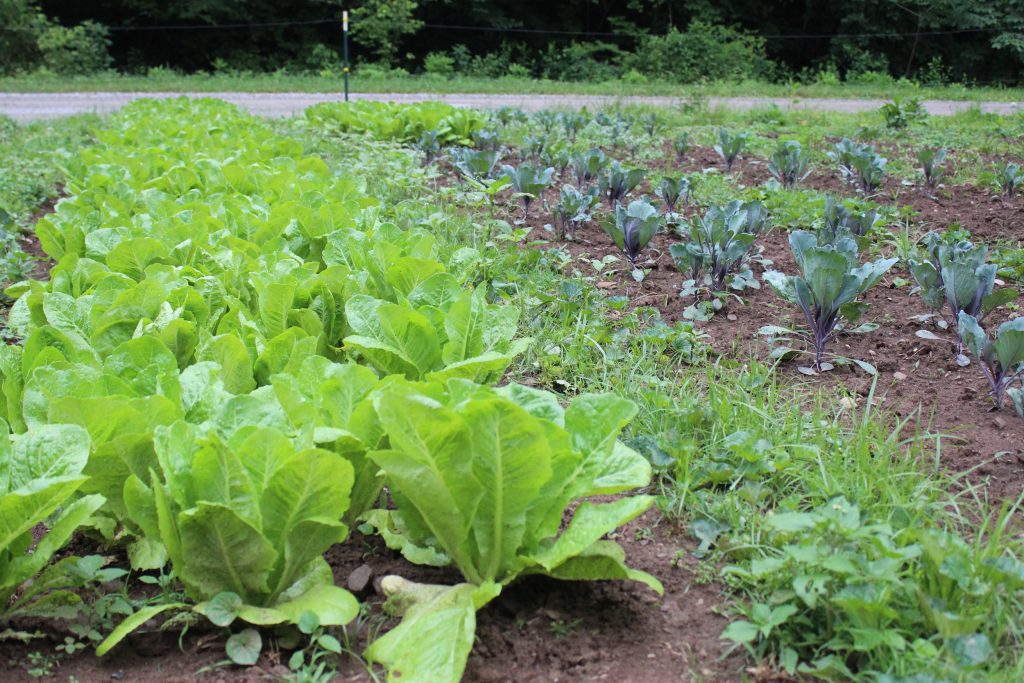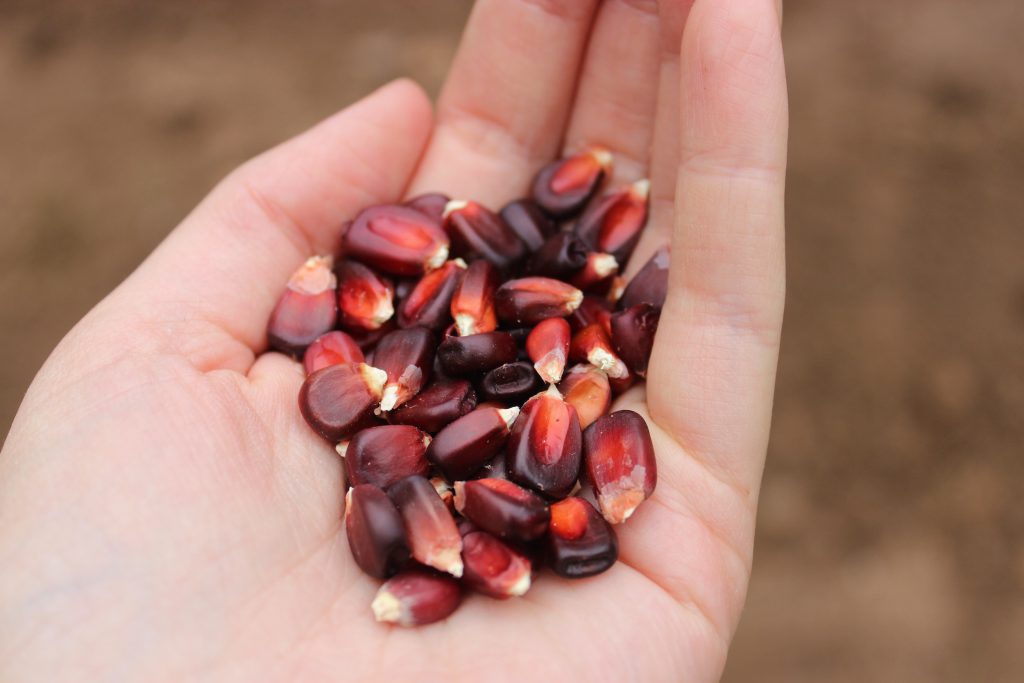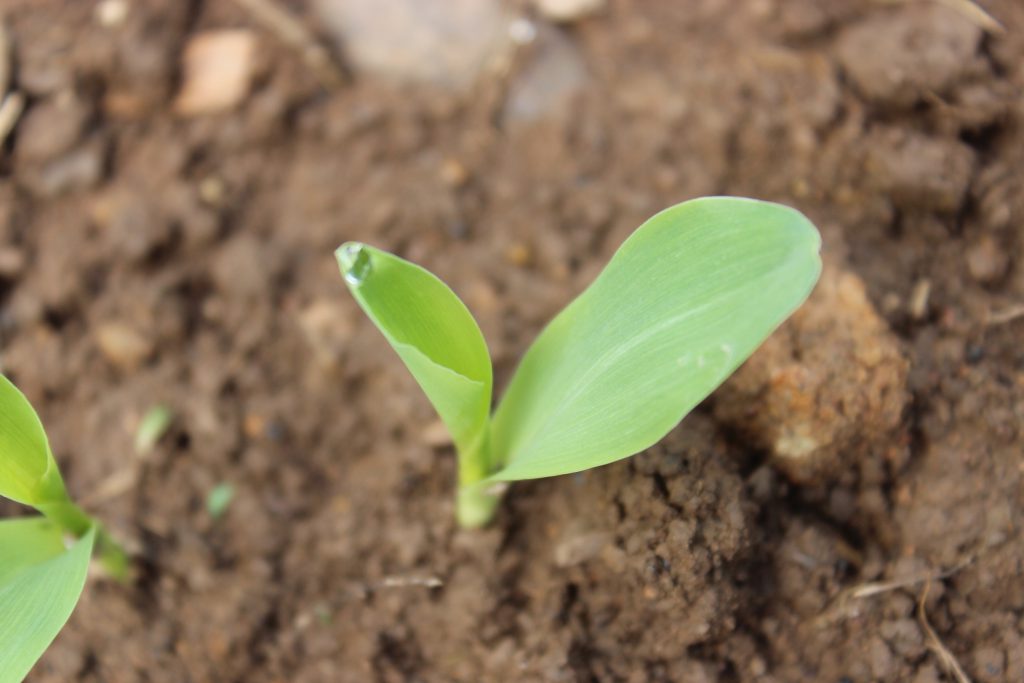
If you’ve lived in your neighborhood for awhile you may have noticed the slow but steady disappearance of backyard gardens. More and more people are letting their plots go back to lawns in favor of the ease and convenience of the supermarket.
Small gardens, even those who don’t provide a large amount of a family’s food intake, are so important. They give people, especially children, the opportunity to learn about where their food comes from and how to grow food with their own two hands. They provide a social connection for neighbors. They increase neighborhoods self-sufficiency and decrease their reliance on imported food and fossil fuel. Backyard gardens keep people healthy by providing outside time, a connection to the land, exercise, and fresh food. They’re also a great way to keep crop diversity strong even when big farms have switched to monocultures.
Don’t let your community’s treasures disappear. Read on for some great ways to keep gardens blooming in your area.
Share compost.
If you have a large compost pile offer to share with others who garden or might be starting gardens. Seasoned gardeners will truly appreciate your odd homegrown generosity and new gardeners will be much more likely to stick with it if your nutrient-rich compost affords them a good harvest their first year.
Alternatively, if you need more compost, ask friends and neighbors to save food scraps, leaves, grass clippings and other compostables for you. You’ll gain more compost and an opportunity to share some of your gardening wisdom.
Organize a harvest swap.
A harvest swap is when people get together and bring backyard produce in designated increments to trade with one another. For example, the swap could be based on $5 increments and someone could trade $5 worth of extra tomatoes to a neighbor for $5 worth of apples.
To get non-gardeners in on it you could also allow homemade products like baked goods, honey, jams, or even crafts to be traded.
Start a seed swap.

One of the best parts about backyard gardens is that they encourage a lot of crop diversity. Keep that motion going by organizing a seed swap in your community each fall. People can meet other gardeners and get seeds they need with first-hand advice about growing them.
Set out a free produce stand.
If you have a surplus, consider putting out a free produce stand and sharing your harvest. Your tasty produce might inspire people to grow their own or it might help someone in need. You can also allow others to add their garden excess to the pile. If you end up with way too much, donating to a food pantry could be a good option.
If you’re feeling ambitious you could start a community garden.
Community gardens are great for those without access to land and/or tools. They can also be great places for people to learn gardening techniques, produce local food, and get to know their neighbors.
Encourage your local library to stock garden-themed books.
Most libraries get some funding to purchase new books. If that’s the case suggest gardening books you’d like to read. You never know who might check them out after you and give it a go. You could also consider donating garden books you’ve already read. If you ever need them for reference you could still go check them out.
Offer a class.
While many of us have gotten some garden lessons from our parents or grandparents some people may have never had any hands-on garden experience. Teaching a free or cheap class can help people learn who may be too intimidated to try on their own. You could also consider more specialty classes like canning strawberry jam if you have a particular skill.
Plant your garden close to the road.

Gardening in view of neighbors and passersby can be a great way to plant the gardening seed in someone’s mind so to speak. I’ve seen so many great conversations started in roadside gardens. For the extra dedicated, add a section of free PYO produce. Whether it’s blackberry bushes or tomato plants people may be encouraged to learn to grow their own after finding out how good homegrown food tastes.
Divide your perennials and offer free starts to friends and neighbors.
Many beloved, hardy perennials are perfect for new gardeners and multiply quickly. Plants like mint, lemon balm, and chives can easily be divided to let someone you know start a patch of their very own.
Talk to anyone who will listen.
Spend time chatting with anyone who shows an interest in your gardening activities. Who knows you might inspire a child who grows up to be a farmer or get the best tip from someone who has grown great tomatoes their entire life!
Small gardens are great ways to provide local food, connect with neighbors, help the environment, and stay healthy. Encouraging gardening in your community can be a wonderful, easy way to lend a helping hand.
How have you supported gardening in your community?
